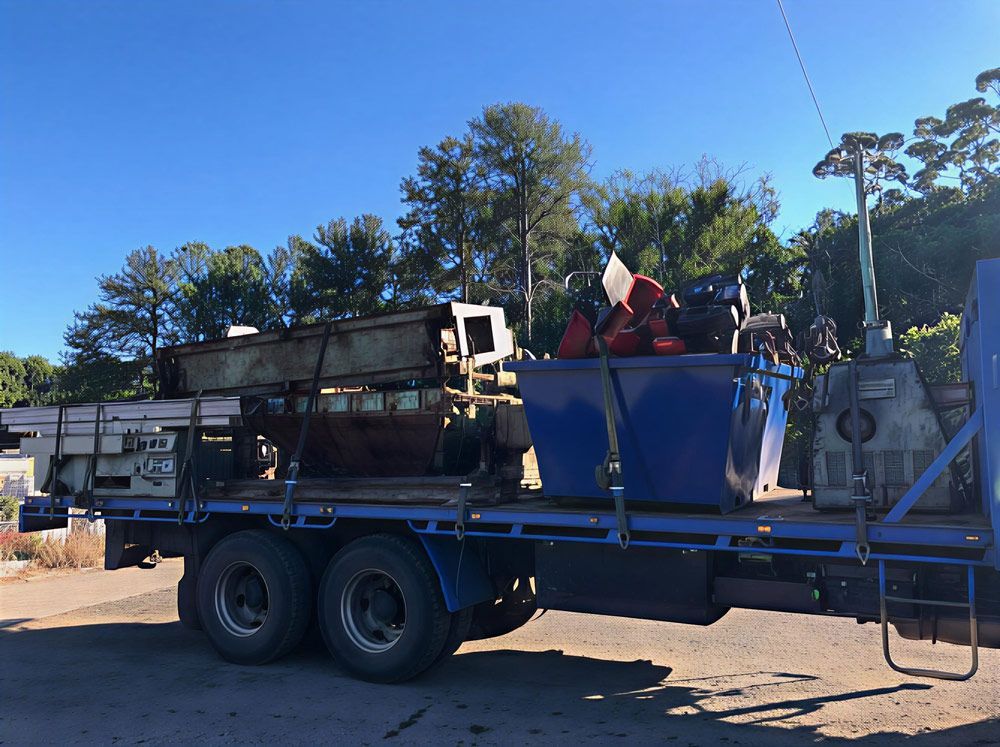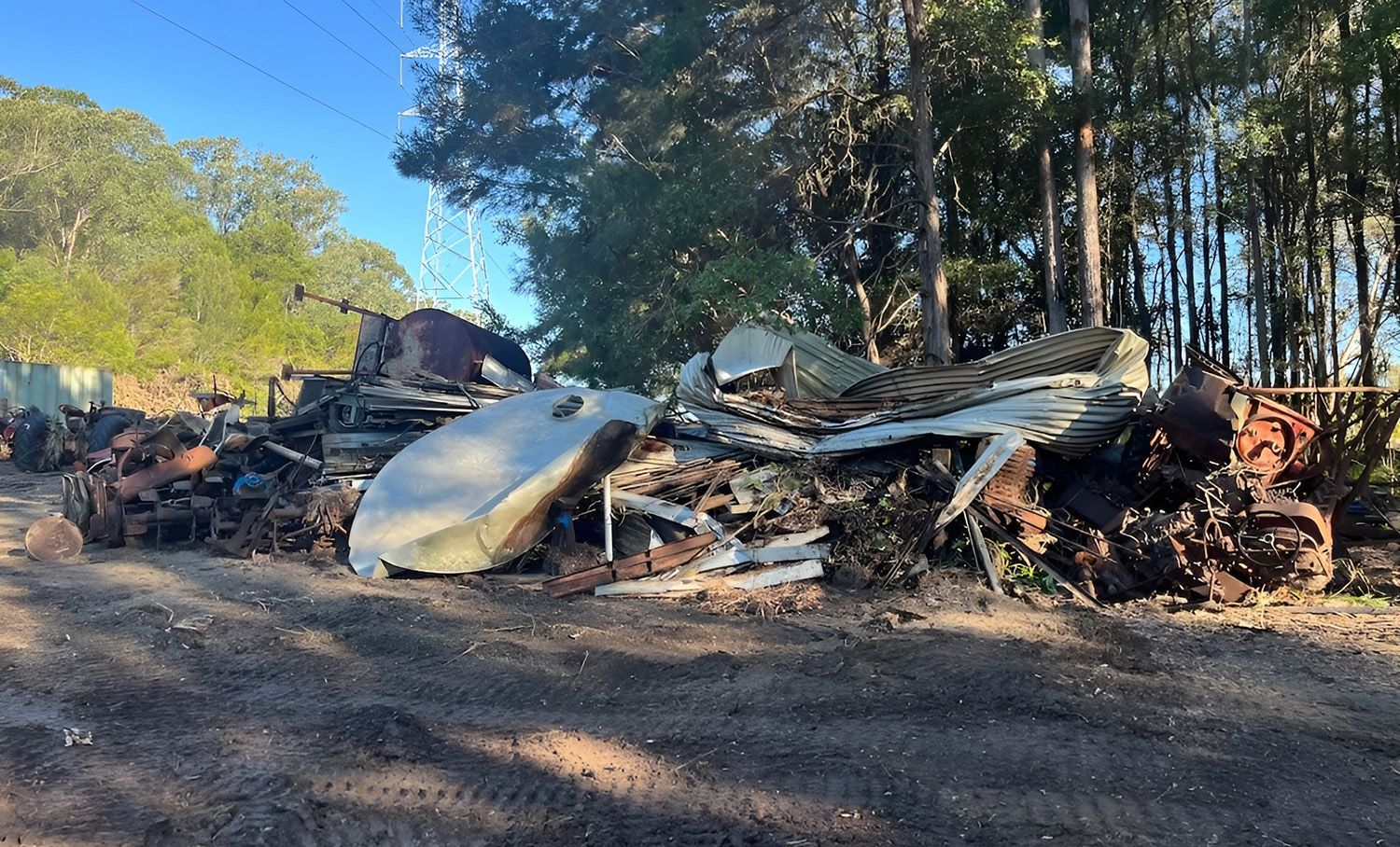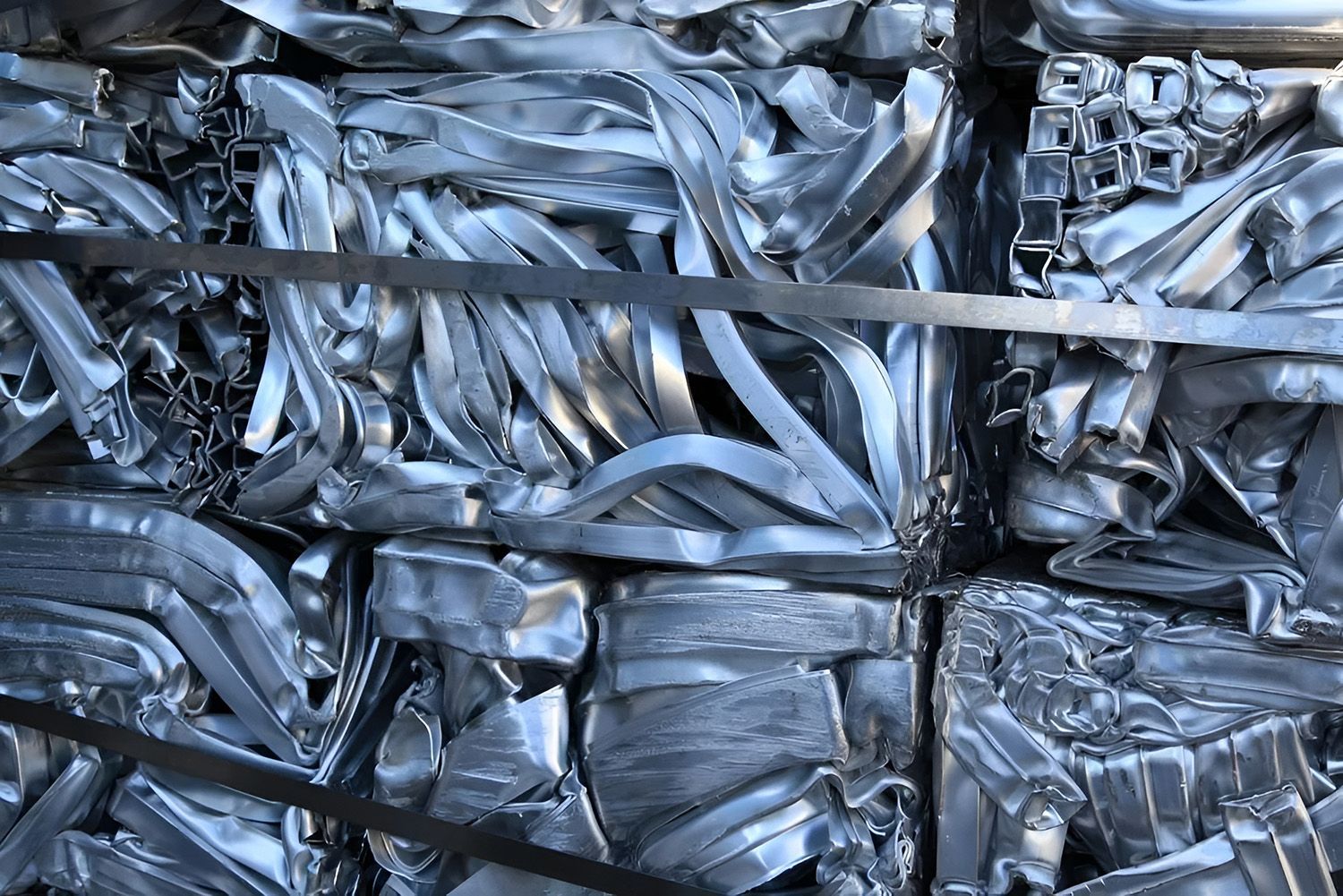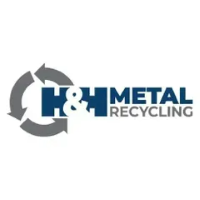How To Avoid Common Mistakes In Scrap Metal Sorting
Sorting scrap metal properly might seem simple, but valuable profits are lost and unnecessary headaches begin for many businesses. Incorrect sorting can lead to lower returns, rejected loads, and extra time spent on manual correction—often at the recycling facility’s expense. For commercial and industrial operators, especially those generating large volumes of metal waste, improving the sorting process is key to maximising returns and streamlining operations.
If your business is involved in
metal recycling on the Sunshine Coast, knowing what to avoid is just as important as knowing what to do. This guide outlines the most common mistakes in scrap metal recycling on the Sunshine Coast and how to avoid them for better efficiency and value.
Why Proper Scrap Metal Sorting Matters for Your Business
How your business handles scrap metal before it reaches the recycler can directly impact your bottom line. Clean, well-sorted metal is easier to process, fetches a higher price, and is less likely to be rejected or downgraded by the recycling facility.
Here’s why proper sorting is essential:
- It ensures your business gets full value for high-grade metals rather than being paid at a mixed or contaminated rate.
- It speeds up the recycling process by reducing manual sorting time at the facility.
- It prevents fines or disposal costs associated with contaminated or non-recyclable loads.
In short, accurate sorting saves money, time and resources—while contributing to a cleaner recycling stream.
Mistake 1: Mixing Ferrous & Non-Ferrous Metals
One of the most common and costly errors in scrap metal sorting is combining ferrous (iron-containing) and non-ferrous metals. These two types have different recycling processes and values, so they must be separated clearly.
Here’s what can go wrong:
- Ferrous metals are typically less valuable and may reduce the overall value of a mixed load.
- Non-ferrous metals like copper, aluminium or brass command higher prices but must be isolated.
- Mixed loads often require manual re-sorting, leading to processing delays and possible surcharges.
A quick magnet test can help—ferrous metals are magnetic, while non-ferrous metals are not.
Mistake 2: Leaving Contaminants on Metal Items
Scrap metal is only valuable when it’s clean. Contaminants such as plastic coatings, oil residue, paint, or rubber attachments can significantly reduce the metal’s recycling quality—and in some cases, make it unrecyclable.
The risks of contamination include:
- Downgraded pricing due to added labour and processing costs.
- Rejection of the load if the contamination exceeds acceptable levels.
- Environmental compliance issues if hazardous residues are present.
Where possible, remove non-metal attachments and keep metal items dry and free of debris before sending them for recycling.
Mistake 3: Misidentifying High-Value Metals
It’s not uncommon for staff to confuse different types of scrap—particularly when they look similar. Mixing up aluminium, stainless steel, and zinc can result in lower payouts, as high-value metals may be mistaken for lower-grade materials.
Common misidentifications that impact revenue include:
- Treating copper-clad aluminium as solid copper.
- Confusing stainless steel with plain steel or galvanised metal.
- Grouping brass with bronze or coated metals.
Using a handheld metal analyser or getting a sample tested by a local scrap metal recycling expert can help ensure accurate identification and sorting.
Mistake 4: Not Knowing What Your Recycler Accepts
Every metal recycler operates under slightly different rules. Some accept a wide range of metals, while others specialise in specific types. Sending materials they don’t take leads to frustration, wasted effort, and possible transport costs for returning the rejected load.
Here’s why it matters:
- You may spend time sorting and transporting metals that your facility won’t accept.
- You risk fines or handling fees for including prohibited items.
- You could miss out on recycling opportunities if you're unaware of what’s eligible.
Always check your recycler’s accepted materials list before sorting or scheduling a pickup. This simple step can save time and improve efficiency.
How to Improve Scrap Metal Sorting in Your Business
Avoiding sorting mistakes starts with implementing a consistent, simple system in your business. The more organised your approach, the easier it becomes to process, store, and recycle scrap metal.
Consider these steps to improve your process:
- Set up clearly labelled bins or containers for different metal types on-site.
- Train staff to identify ferrous and non-ferrous metals using tools like magnets and scales.
- Keep a regularly updated list of acceptable materials from your local recycling provider.
- Schedule regular pickups to prevent stockpiling and reduce storage risks.
By treating scrap metal like a valuable asset rather than an afterthought, your business can gain greater control over its waste output and recycling return.
Benefits of Working with a Local Expert in Metal Recycling
Choosing a local partner for metal recycling on the Sunshine Coast does more than reduce transport time—it connects you with people who understand regional waste regulations, environmental standards and commercial requirements.
Here’s what a local specialist can offer:
- Fast response times for pickups and consultations.
- Personalised advice on sorting methods tailored to your operations.
- Knowledge of local council regulations and environmental compliance.
- Access to competitive pricing for high-volume or high-value metals.
Working with someone nearby also builds a reliable recycling relationship, which means fewer issues and better business outcomes over time.
Ready to Improve Your Scrap Sorting Process?
If your business is ready to get more out of scrap metal recycling on the Sunshine Coast, improving your sorting process is the first step. By avoiding common mistakes, streamlining your sorting system, and working with experienced local recyclers, you’ll turn metal waste into a revenue opportunity rather than a liability.
Here’s what you can do next:
- Review your current scrap sorting process and identify weak points.
- Contact a local metal recycling expert to discuss what materials you generate.
- Schedule a site consultation to ensure your sorting system is set up for success.
Partner with Sunshine Coast Scrap Experts for Smarter Recycling
At H & H Metal Recycling, we work with commercial and industrial operators across the region to provide efficient, compliant, and profitable metal recycling on the Sunshine Coast. Contact us today to learn how we can help your business recycle smarter, earn more from your scrap, and reduce environmental impact.









